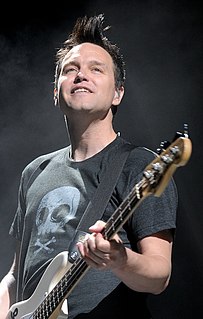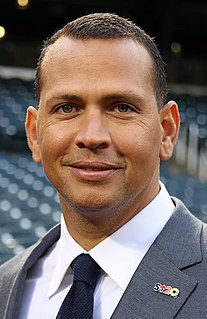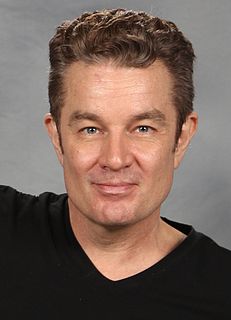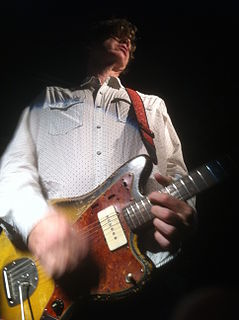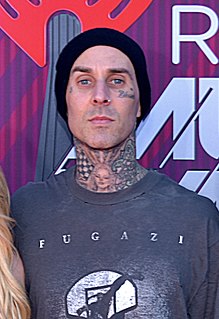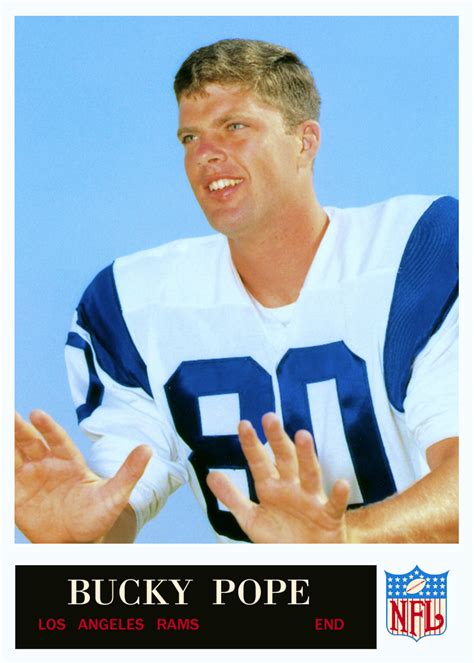A Quote by Michael Stipe
By the time I was 18, I had absorbed punk rock from America, Britain, and the West Coast. All of it was so dark and weird and different and cool and hot and sexy and rebellious. It was a fist-in-the-air kind of rebellion that I wasn't getting from the '70s mainstream.
Related Quotes
As I'm sure anyone who's born after the '70s' access point is - is '70s films and '70s culture and there is a kind of a paranoiac atmosphere in that time in America. Yes, it's the golden age of journalism, Watergate, and all the rest of these people making these great breakthroughs - but it's also the moment that "if it bleeds, it leads" becomes mainstream and sensationalizing the news becomes more and more the given. Checking how many numbers you're getting, whatever you can do to get more numbers.
The music industry went through such a strange stretch in 1977, especially in this country, with the whole punk rock thing coming about. Punk was rebellious-and justified in that response-but it had very little to do with music, and so it created a highly-charged but frighteningly floundering atmosphere that I found very, very disheartening. Musical quality for me has always been an important part of rock'n'roll-and winning recognition for that has long been an uphill battle all the way. Punk seemed like rock'n'roll utterly without the music.
We (Derek Jeter and I) always talk about getting old, gray, and fat when our careers are over and just having a good time. He's like me. He wants to have a good time and be a good person. It's a weird situation for us. It's just like we're looking in the mirror. the only difference is I'm on the West Coast and he's on the East Coast.
To begin with, the key principle of American indie rock wasn't a circumscribed musical style; it was the punk ethos of DIY, or do-it-yourself. The equation was simple: If punk was rebellious and DIY was rebellious, then doing it yourself was punk. 'Punk was about more than just starting a band,' former Minutemen bassist Mike Watt once said, 'it was about starting a label, it was about touring, it was about taking control. It was like songwriting; you just do it. You want a record, you pay the pressing plant. That's what it was all about.'
The 1970s was probably the most exciting decade to be a teenager, from discovering Little Richard at the end of the 1960s to glam rock to punk rock to electro music. So much happened in that 10-year span. There were so many musical revolutions. Some were happening at the same time. You had disco going on behind punk. You had Michael Jackson. You had the Sex Pistols.

